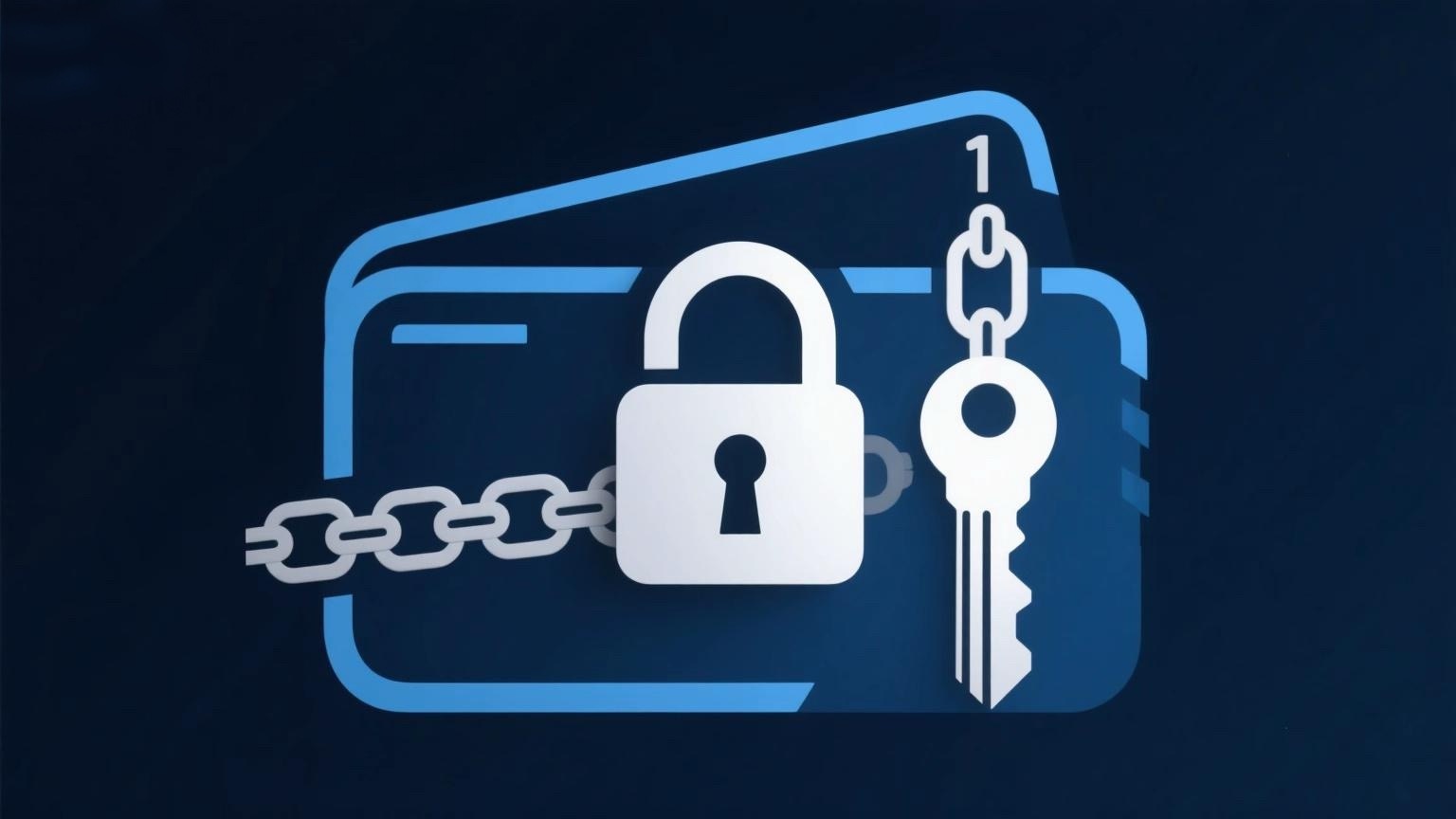
Non-custodial crypto wallets are transforming how people handle digital assets. Unlike traditional wallets that relinquish control, non-custodial wallets like MetaMask, Coinbase Wallet, and Trust Wallet empower users to manage their private keys, ensuring security and ownership.
In the world of non-custodial wallets, the focus is on creating a decentralized and trustless experience. This means users have exclusive control over their private keys, aligning with blockchain principles of user autonomy and reducing reliance on central authorities.
Developers prioritize user-friendly interfaces for seamless interaction with various blockchain networks. These wallets typically support multiple cryptocurrencies, allowing users to manage diverse portfolios in one place. Security measures, including encryption and secure key storage, are paramount to safeguarding sensitive information.
Interoperability is key; these wallets function across different platforms, such as web browsers and mobile devices, offering users flexibility. They also integrate with decentralized finance (DeFi) applications, enabling users to engage in financial activities directly from their wallets without intermediaries.
MetaMask is an example of a popular non-custodial crypto wallet. It operates on the Ethereum blockchain, allowing users to manage assets and interact with decentralized applications (DApps).
















